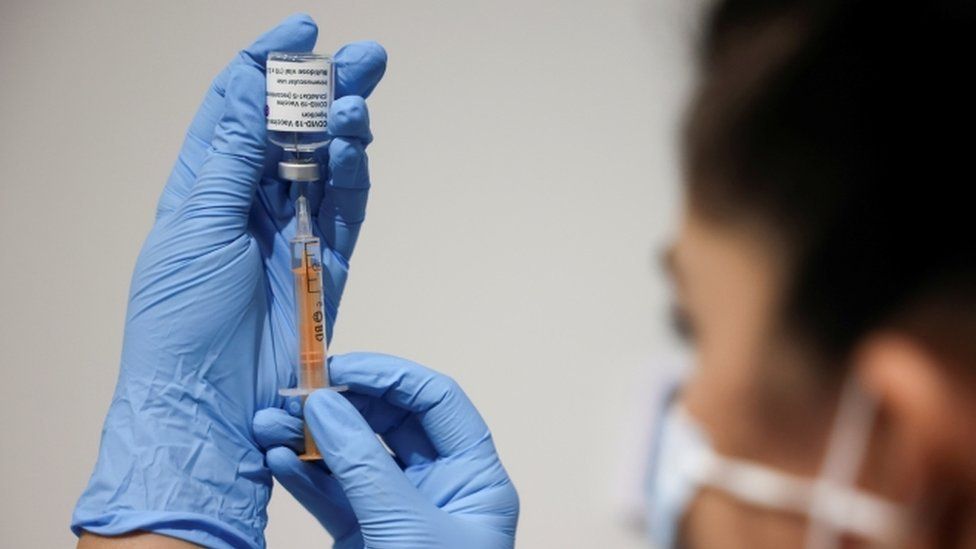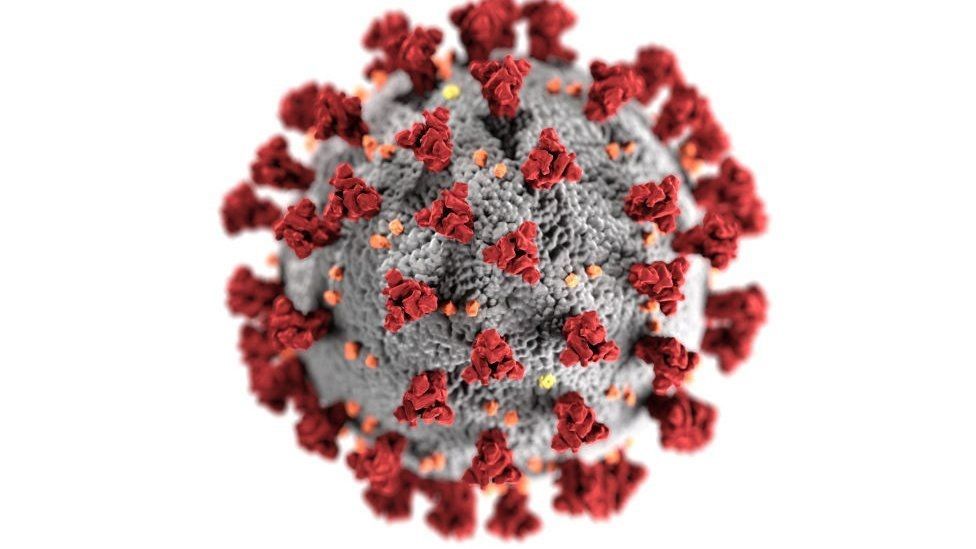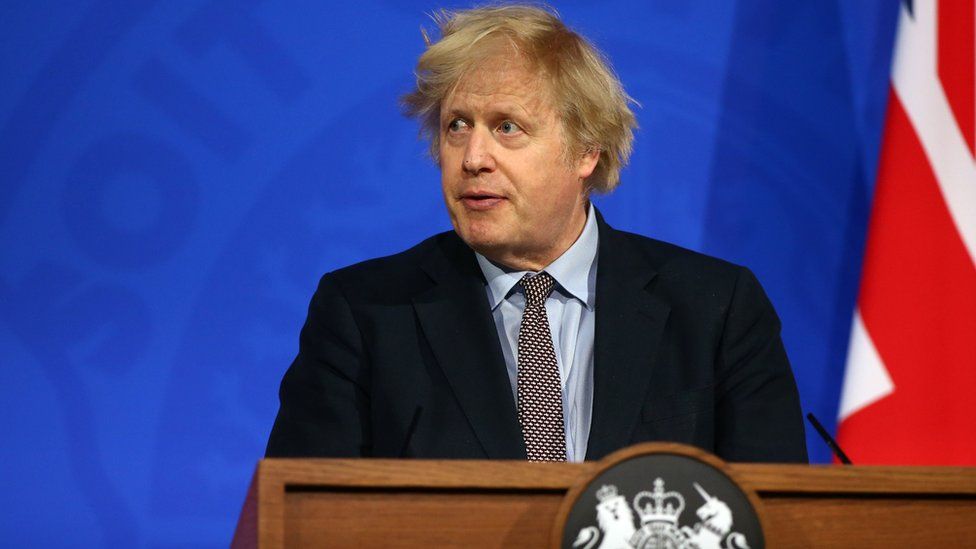Vax declared word of the year for 2021

Nov. 1: Vax has been chosen as the word of the year by lexicographers at the Oxford English Dictionary (OED).
Words related to vaccines have spiked in frequency in 2021 due to Covid, with double-vaxxed, unvaxxed and anti-vaxxer all seeing a surge in use.
OED senior editor Fiona McPherson says vax was an obvious choice as it has made "the most striking impact".
"It goes back at least to the 1980s, but according to our corpus it was rarely used until this year," she said.
"When you add to that its versatility in forming other words - vaxxie, vax-a-thon, vaxinista - it became clear that vax was the standout in the crowd."
Vax and vaxx are both accepted spellings but the form with one x is more common.
Oxford English Dictionary definitions for vax:
- vax n. A vaccine or vaccination
- vax v. Treat (someone) with a vaccine to produce immunity against a disease; vaccinate
- vaxxie n. A photograph of oneself taking during or immediately before or after a vaccination, especially one against Covid-19, and typically shared on social media; a vaccination selfie
- anti-vax adj. Opposed to vaccination
- anti-vaxxer n. A person who is opposed to vaccination
- double-vaxxed adj. Having received two doses of a vaccine
The use of the word pandemic has also increased by more than 57,000 per cent this year.
Oxford Languages and Collins each decide their own word of the year, and in 2020 Collins chose "lockdown".
But Oxford decided it was an unprecedented year with too many contenders, so expanded its award to encompass a handful of newly keywords including lockdown, bushfires and Covid-19, as well as Black Lives Matter, WFH [working from home], keyworkers and furlough.
This year's Oxford-winning word, vax, was first recorded in English in 1799, while its derivatives vaccinate and vaccination both first appear in 1800.
All of these words ultimately come from the Latin word Vacca, which means cow. According to the OED, this is due to English physician and scientist Edward Jenner's pioneering work on vaccination against smallpox using cowpox - a mild infection that occurs in cows - in the late 1790s and early 1800s.
Oxford Languages says its corpus, or language resource, gathers news content that is updated daily and contains over 14.5 billion words for lexicographers to search and analyse.
Recent News

Do not make expressions casting dout on election: EC
14 Apr, 2022
CM Bhatta says may New Year 2079 BS inspire positive thinking
14 Apr, 2022
Three new cases, 44 recoveries in 24 hours
14 Apr, 2022
689 climbers of 84 teams so far acquire permits for climbing various peaks this spring season
14 Apr, 2022
How the rising cost of living crisis is impacting Nepal
14 Apr, 2022
US military confirms an interstellar meteor collided with Earth
14 Apr, 2022
Valneva Covid vaccine approved for use in UK
14 Apr, 2022
Chair Prachanda highlights need of unity among Maoist, Communist forces
14 Apr, 2022
Ranbir Kapoor and Alia Bhatt: Bollywood toasts star couple on wedding
14 Apr, 2022
President Bhandari confers decorations (Photo Feature)
14 Apr, 2022








